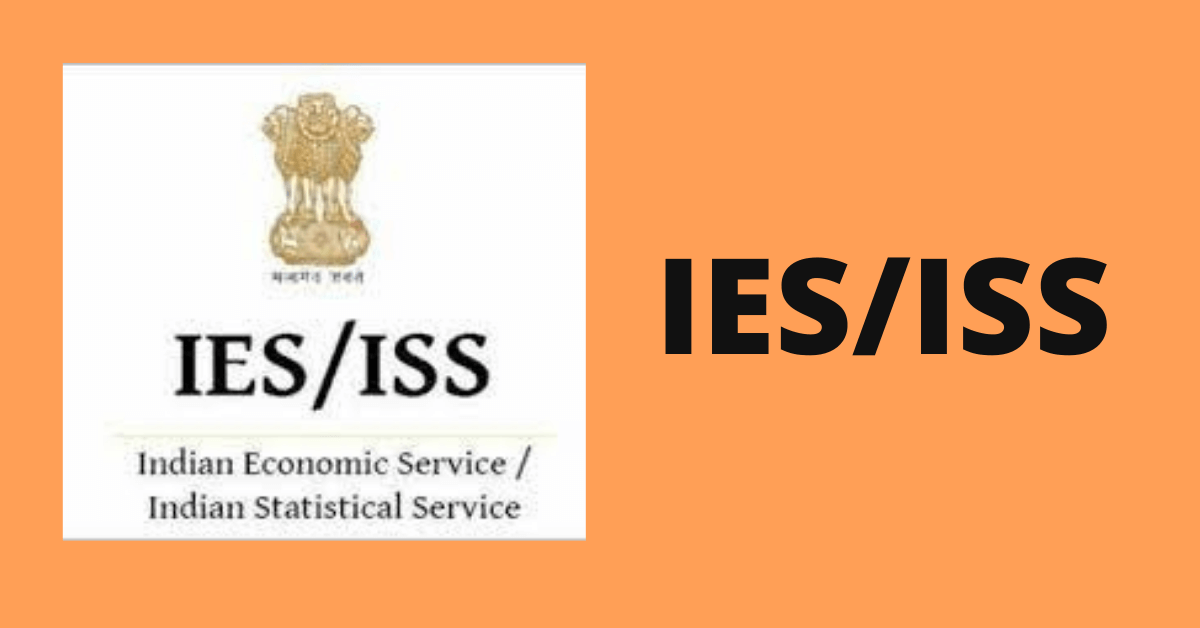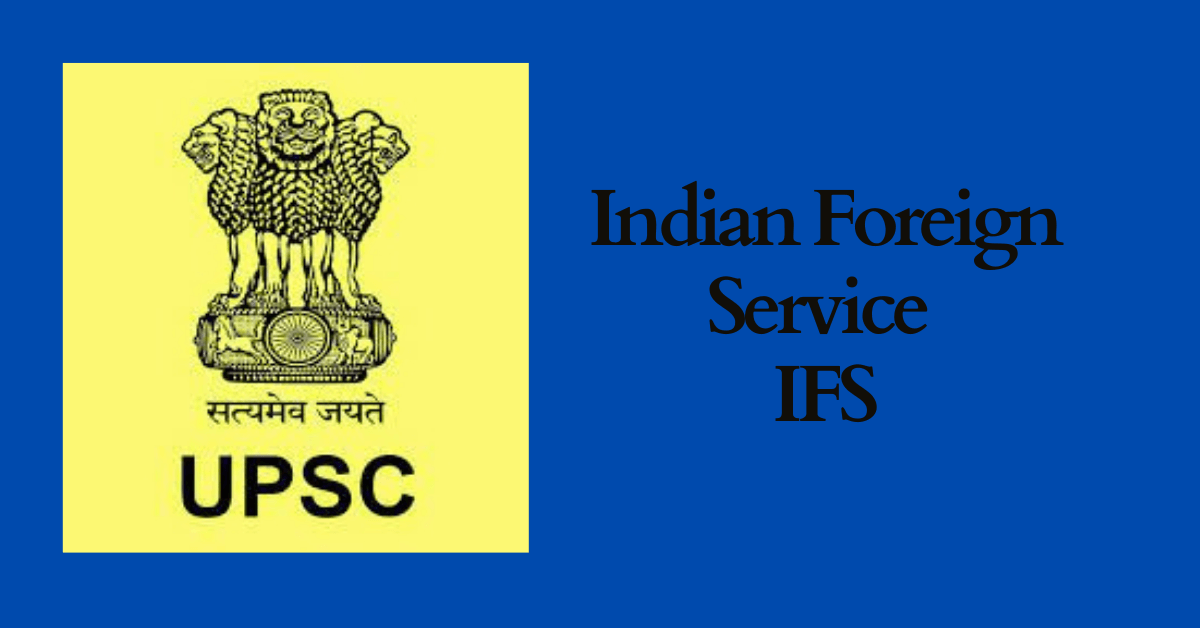IES : Mind Blowing Popular Acumen Of The Service

The Indian Economic Service (IES) and The Indian Statistical Service (ISS) are the administrative inter-ministerial civil service. This comes under group A of the Central Civil Services of the Government of India. Popularly referred to as IES/I.E.S and ISS respectively. IES was introduced for formulating and implementing economic policies. The main function of this […]
IFS : The Simple And Breakthrough Guide Of The Service

IFS Exam stands for Indian Foreign Services. It is one of the central civil services of the Government of India. IFS members represent the country in international territory. IFS Exam Every year, UPSC conducts the Civil Service Examination(CSE) for more than 24 services, such as IAS and IPS by shortlisting the candidates. […]
